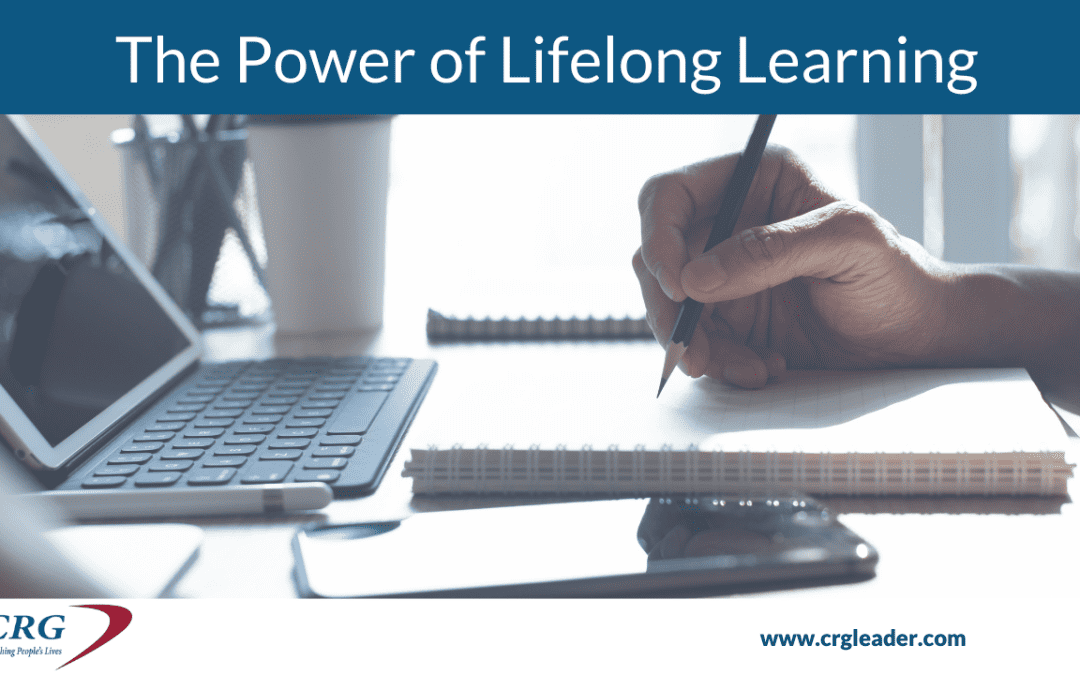The Power of Lifelong Learning
In the ever-changing landscape of our world, the key to unlocking our true potential and becoming the person we aspire to be lies in two fundamental elements: our level of knowledge and our ability to apply that knowledge effectively. Over the past century, life has undergone tremendous transformations, and the rate of change is projected to accelerate even further. Astonishingly, research indicates that knowledge is now doubling every 30 days, which highlights the abundance of information available to us.
The Challenge of Continuous Learning:
In light of the vast amount of information being generated, it is impractical and overwhelming for any individual to keep up with it all. Attempting to absorb every piece of new information would be akin to an explosion waiting to happen. However, the alternative of denying the need for continuous learning is equally perilous. Many of the jobs that today’s children will undertake during their lifetimes have not yet been invented, illustrating the rapid pace of change. This reality applies not only to younger generations but also to many of us reading this article.
The Commitment to Lifelong Learning:
So, what can we do in the face of this challenge? The answer lies in making a steadfast commitment to lifelong learning. Learning should be a continuous process that extends until the very day we depart from this planet. Numerous studies have shown that individuals who retire without a sense of purpose often experience a decline in their overall well-being and may face a shortened lifespan. Without the motivation to keep growing, staying sharp, and remaining inspired, they lose their drive to thrive in life. Therefore, embracing lifelong learning becomes not only beneficial but necessary for a fulfilling and purposeful existence.
Strategic Learning and Personal Development:
To fully harness the power of lifelong learning, it is essential to approach it strategically. Learning for learning’s sake is no longer sufficient. Instead, we must be deliberate and intentional with our time and learning endeavors. It is crucial to identify the knowledge areas that are most relevant and critical to our future success and purpose. To achieve this, we can follow a few action steps:
- Make a personal commitment to lifelong learning: Imagine going to a doctor who hasn’t upgraded their knowledge in the past ten years. Just as we expect professionals to continually enhance their skills, we must prioritize our own ongoing education.
- Strategic allocation of time and learning: Rather than passively absorbing information, we must carefully select and prioritize our learning endeavors. Reflect on the knowledge areas that align with your goals and determine the ones that deserve your focused attention.
- Identify knowledge areas: Create four columns on a page, titled “Must Learn,” “Should Learn,” “Would Like to Learn,” and “Required Knowledge Accessed from an Expert.” Fill in these columns accordingly, establishing a clear roadmap for your learning journey. Reach out to experts in fields where their insights are necessary to achieve your objectives. Like Henry Ford, who accessed others’ knowledge to achieve his purpose, we too should identify and source a team of experts.
- Understanding Your Learning Style:
To sustain your interest and accelerate your learning, it is crucial to recognize your preferred learning style. Each of us has unique preferences when it comes to learning. Allow me to share my personal experience to illustrate this point. During high school, I struggled immensely within the structured and controlled learning environment, almost failing. However, I subsequently earned my Doctorate Degree with a 4.0 GPA. I realized that I am an independent learner who thrives when setting my own pace. I lack patience for methodical, linear, and tightly structured processes and, therefore, seek out non-traditional learning opportunities. Experiential learning is highly effective for me. I prefer self-paced learning or engaging with experts who can immediately demonstrate the application of knowledge, rather than merely teaching theoretical concepts. It is imperative to identify your own learning style and acquire knowledge using the methods that serve you best. - Documenting Your Learning Plan:
Once you have identified what you want to learn, from whom you should be learning, and your preferred learning style, it is time to outline your development plan. Take the following steps:
- Prioritize your learning: Create a list outlining the knowledge areas, experts, and preferred learning styles that align with your goals.
- Establish a timeline: Set realistic time frames for acquiring the knowledge you seek. This will help you remain focused and motivated.
- Seek diverse sources of knowledge: Actively search for and embrace a wide range of sources to broaden your understanding and perspectives.
- Take action: Remember that knowledge without action holds little value. Put your learning plan into practice and actively pursue the acquisition of knowledge.
The Purposeful Learning Journey:
As you embark on your lifelong learning journey, always remember that learning should serve your purpose and bring you closer to your goals. Consider the practical applications of the knowledge you acquire and how it will benefit you personally and professionally. If your list of learning goals is primarily work-related, take a step back and add a treat for yourself personally, such as music lessons, art classes, voice training, or golf lessons. Enjoy the entire journey, as this is a once-in-a-lifetime experience.
In a world where knowledge is rapidly expanding, lifelong learning is not only valuable but necessary for personal growth and success. By committing to lifelong learning and approaching it strategically, we can adapt to the evolving world, expand our options, and increase our chances of achieving our goals. Understanding our preferred learning styles with the Learning Style indicator and documenting a well-defined learning plan empowers us to navigate this journey effectively. So, embrace the power of lifelong learning, seize every opportunity to acquire knowledge, and live your life with purpose.
Until next time, keep Living On Purpose!
Ken Keis

